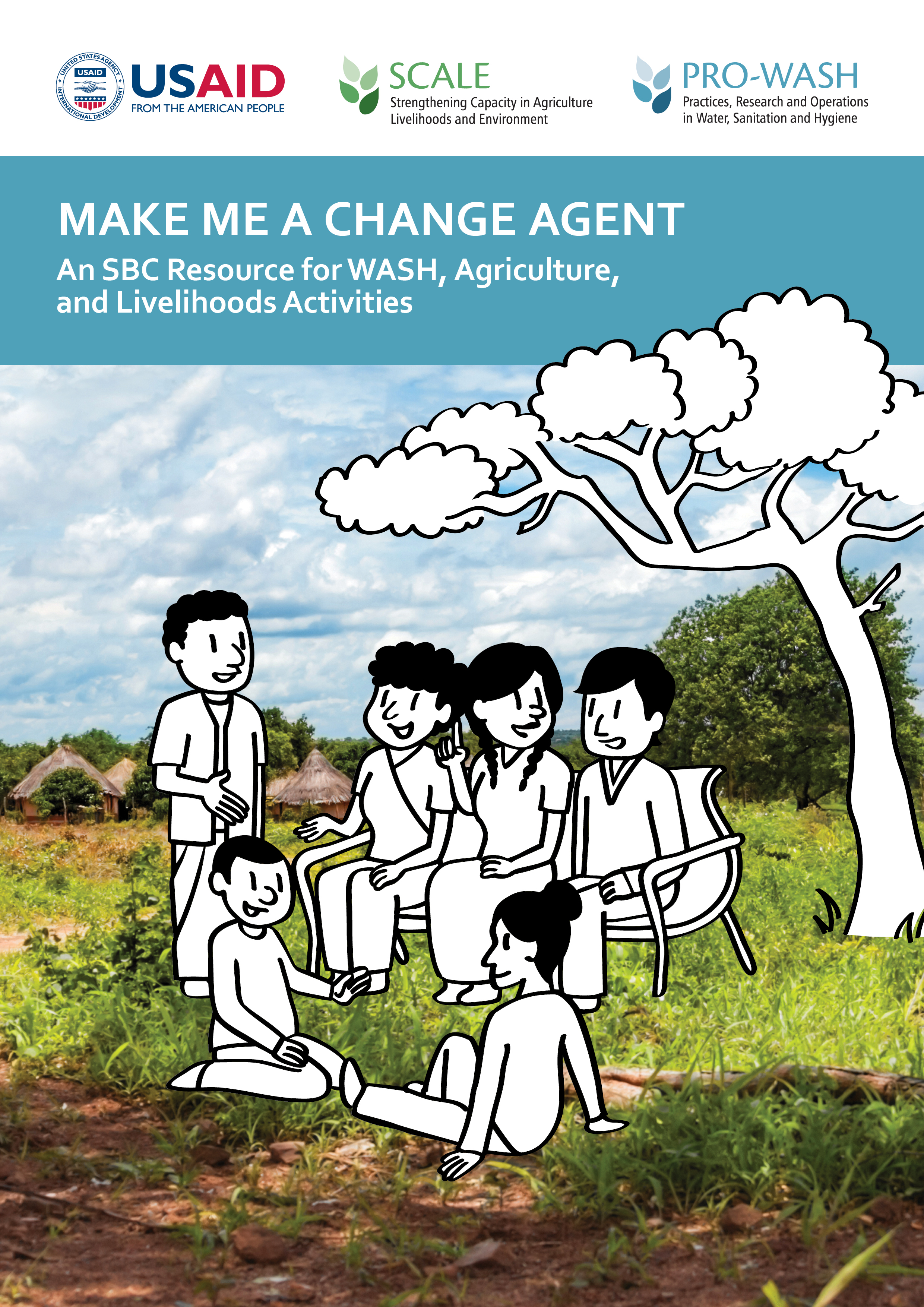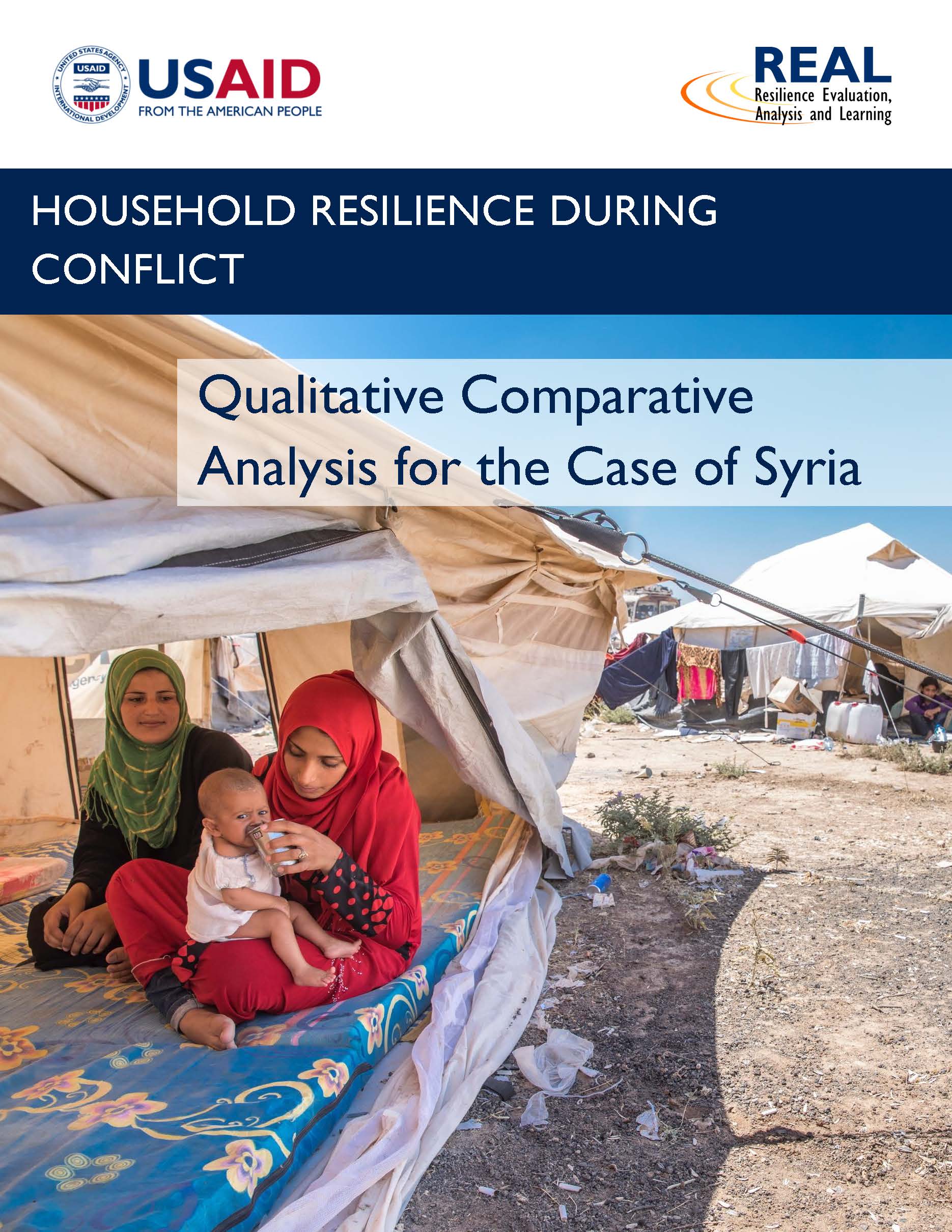Search Results
Social Norms and Child Feeding Practices: What Do We Know?
Social norms—the unstated rules that govern behavior in society and determine what is acceptable or taboo—are one of many influences on child feeding behaviors. Norms often specify what young children should eat, as well as how, when, and by whom young children should be fed. There is growing interest in how social norms affect nutrition and health outcomes, yet few practitioners routinely measure the influence of social norms on complementary feeding behaviors or design programs to amplify supportive norms or shift harmful ones. This is a missed opportunity to address communal influences on behavior, and the social aspect of social
Make Me a Change Agent: An SBC Resource for WASH, Agriculture, and Livelihoods Activities
Authors:
SCALE |
PRO-WASH
Sector Type:
Water, Sanitation, and Hygiene |
Agriculture and Livelihoods |
Social and Behavior Change
Year Published:
2020

What Facilitates Integration in Resilience Programs? A Case Study on Nepal
Authors:
REAL
Sector Type:
Resilience and Disaster Risk Reduction
Year Published:
2020

USAID Rural Sanitation Technical Brief
Authors:
USAID
Sector Type:
Water, Sanitation, and Hygiene
Year Published:
2019

USAID Technical Brief: WASH and its Links to Nutrition
Authors:
USAID
Sector Type:
Water, Sanitation, and Hygiene |
WASH & Nutrition
Year Published:
2019

USAID Rural Water Services Technical Brief
Authors:
USAID
Sector Type:
Water, Sanitation, and Hygiene
Year Published:
2019

Household Resilience during Conflict: Qualitative Comparative Analysis for the Case of Syria
Authors:
REAL
Sector Type:
Resilience and Disaster Risk Reduction
Year Published:
2020

Toward a Hygienic Environment for Infants and Young Children
Authors:
USAID WASHPaLS
Sector Type:
Water, Sanitation, and Hygiene |
Hygiene
Year Published:
2017